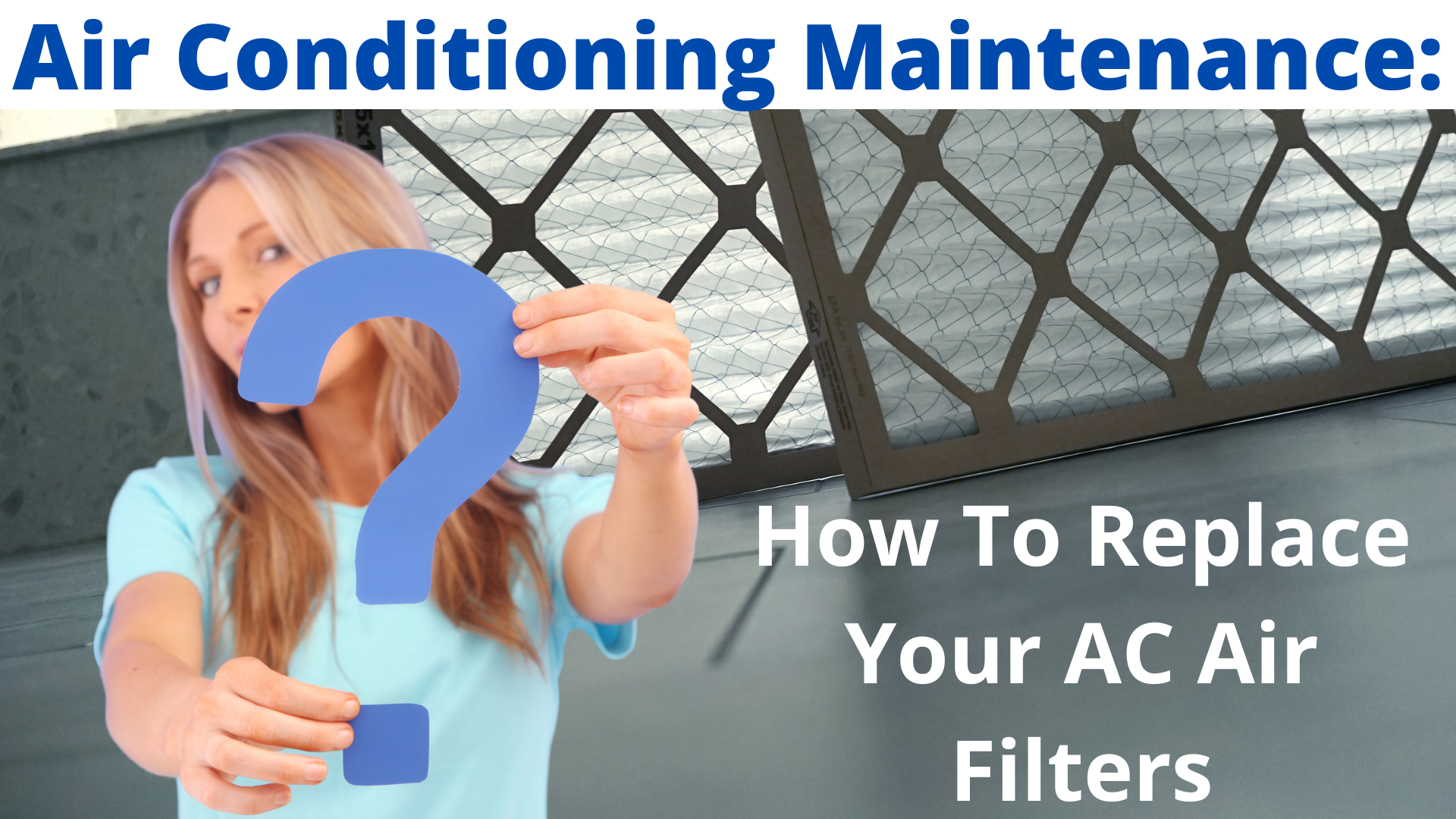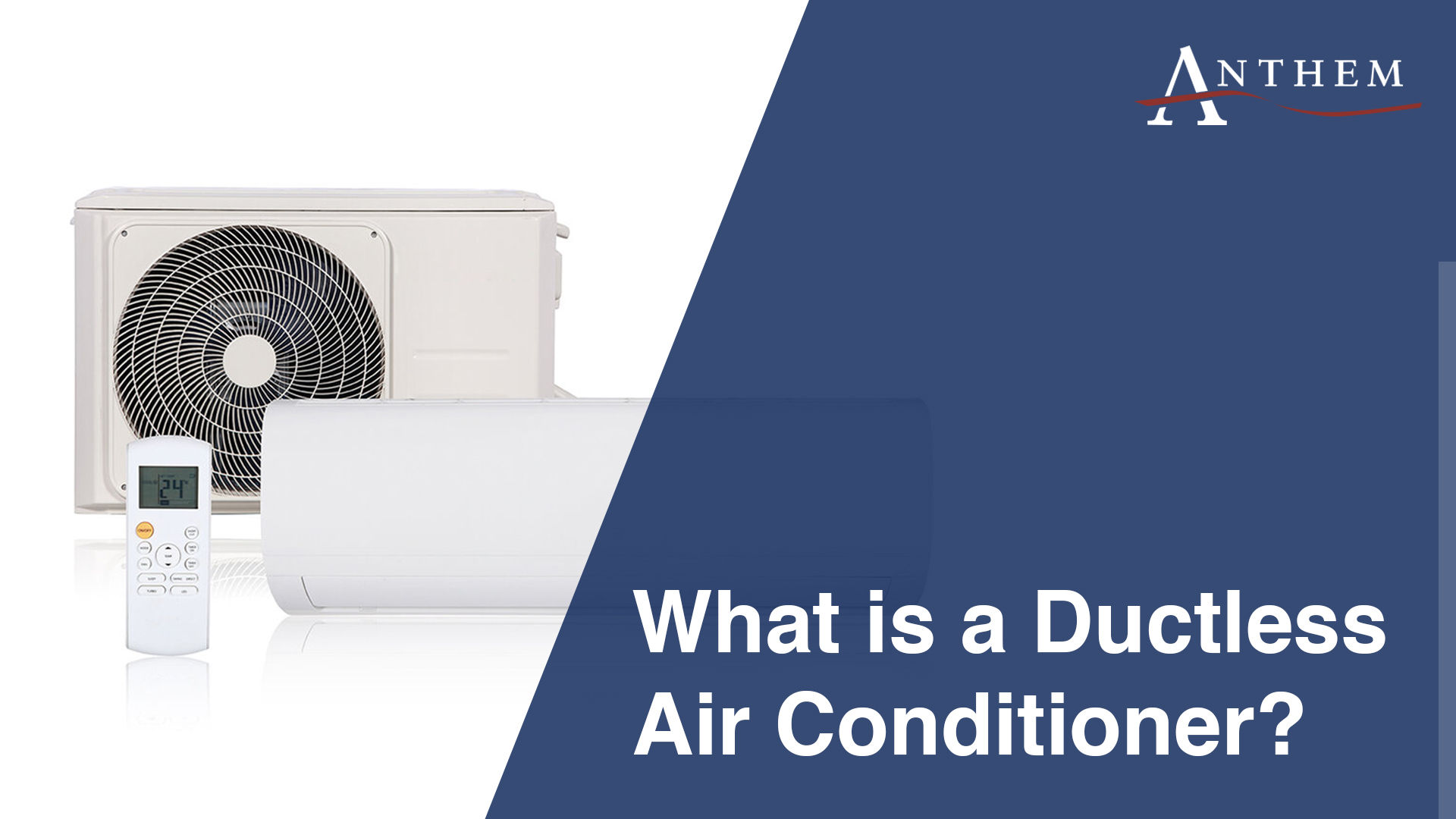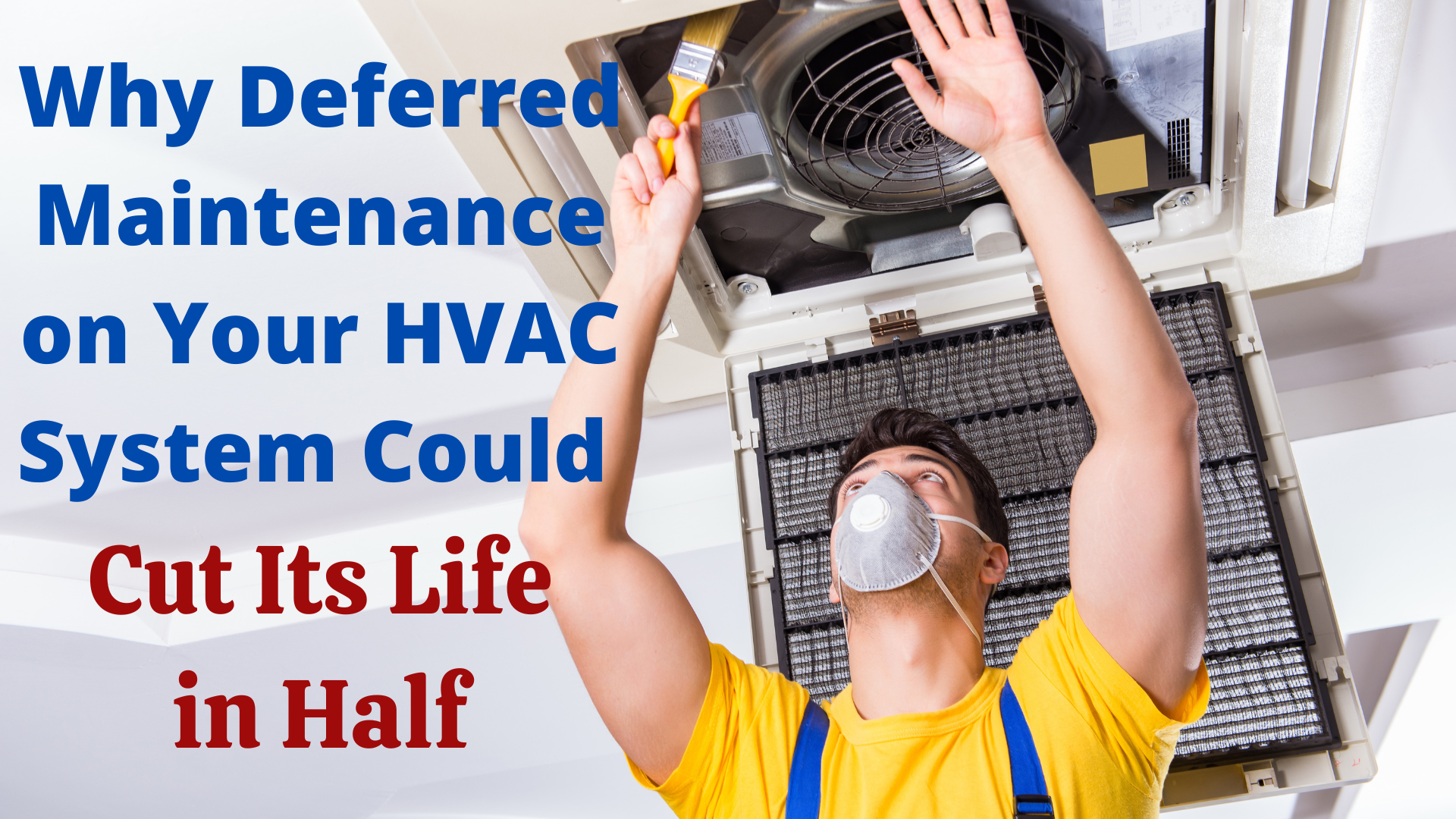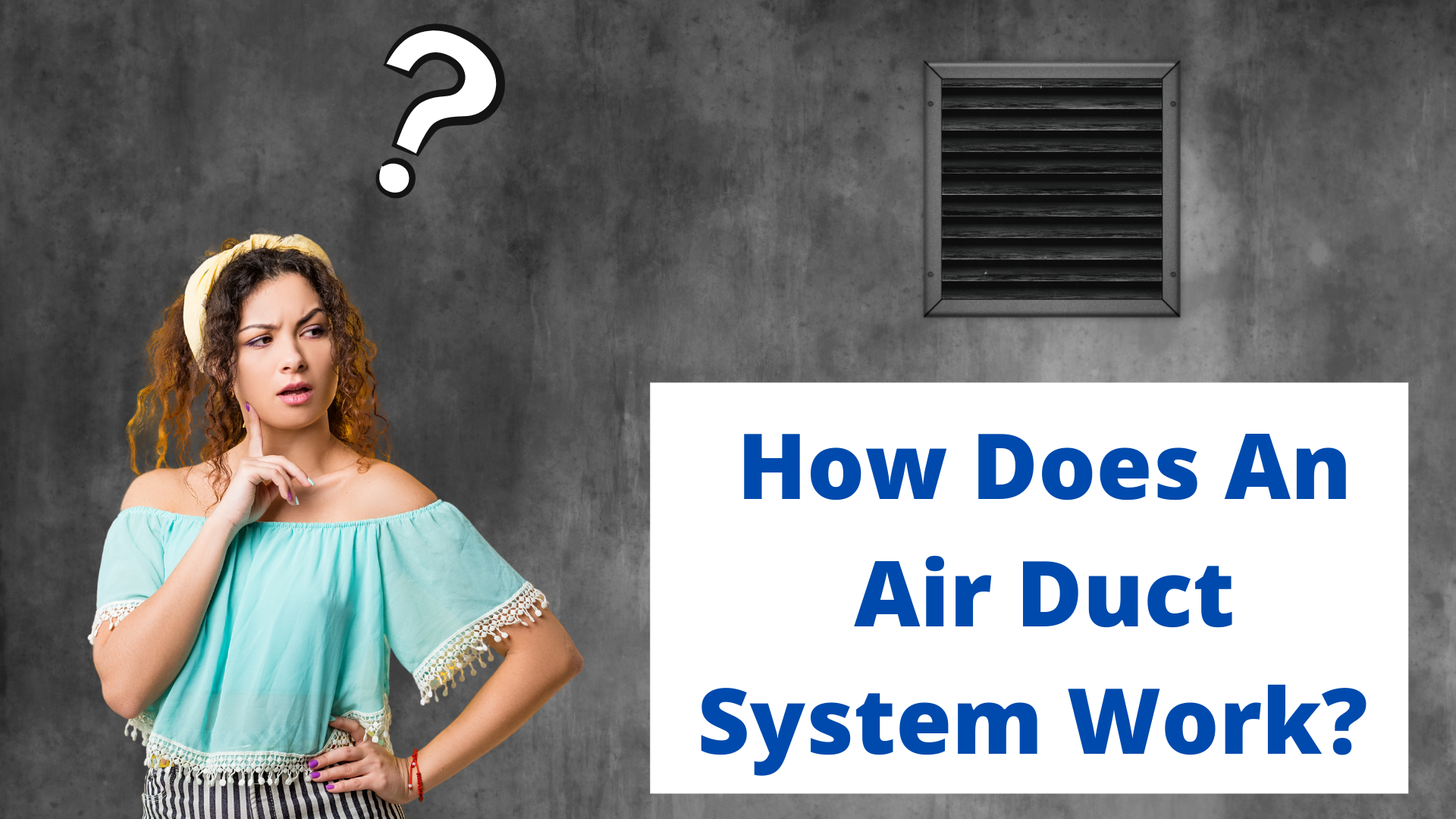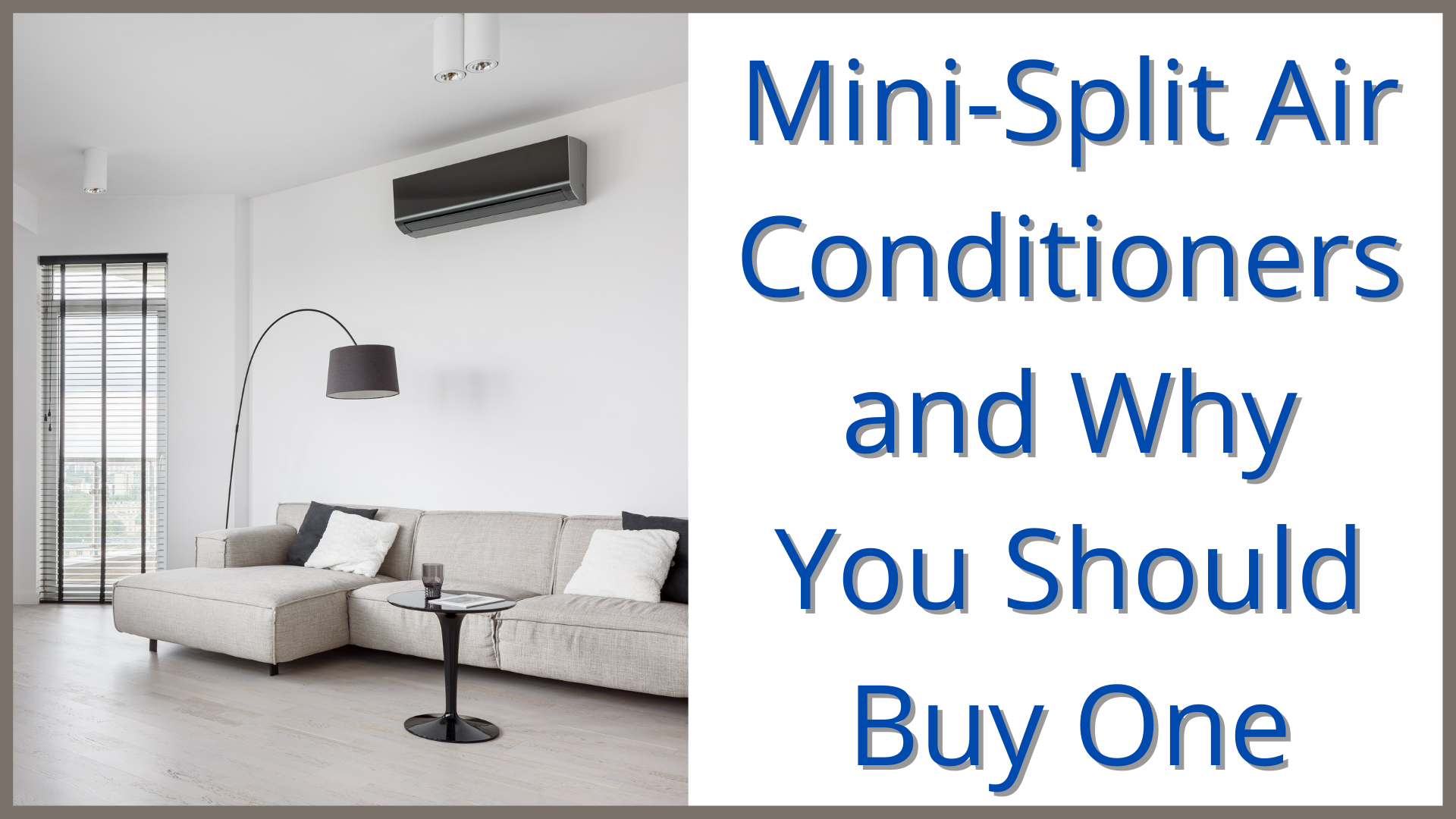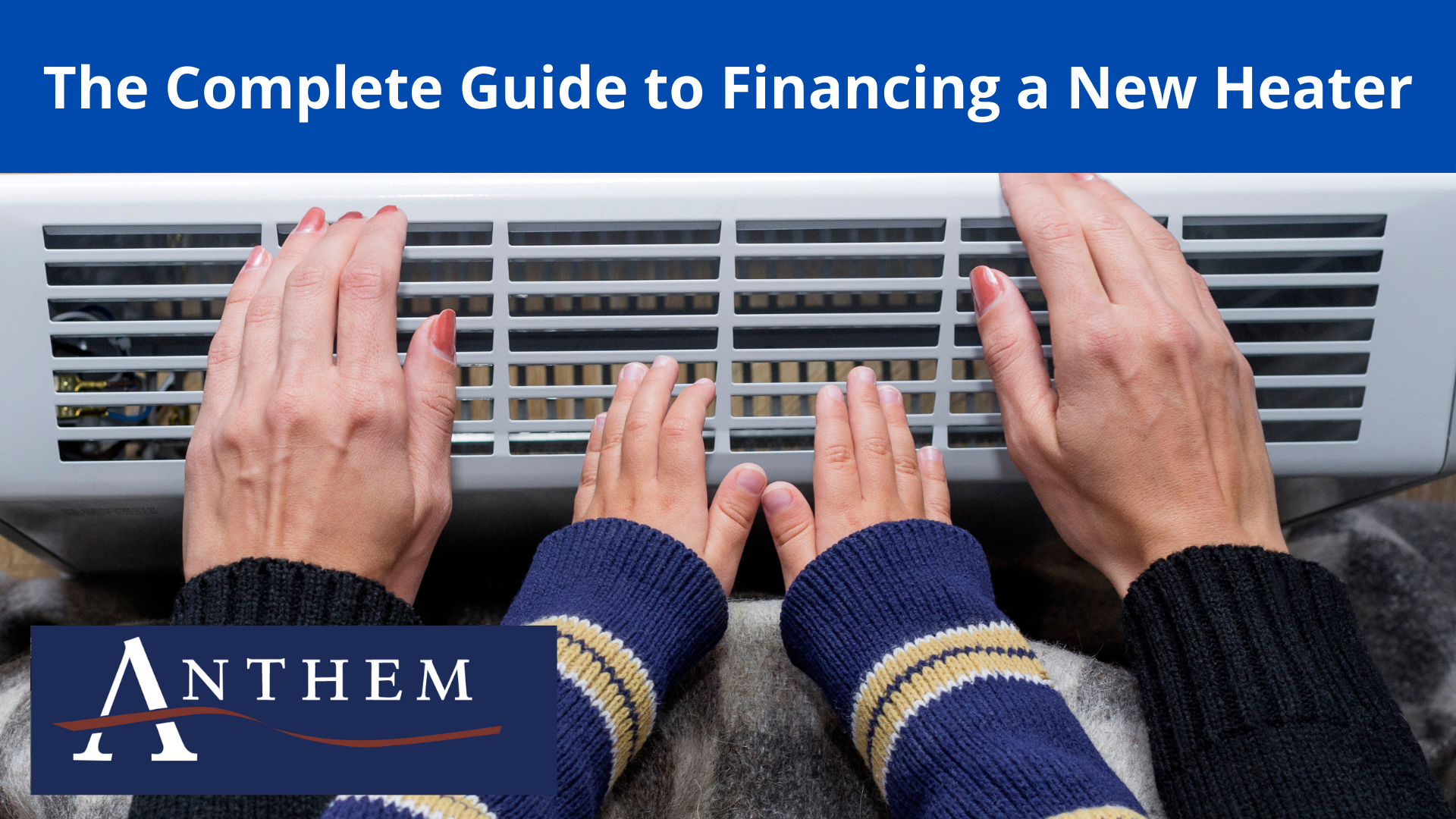As the weather starts warming up, you need your AC prepped for the hot summer months. The technical term for this practice is air conditioning maintenance. Replacing air conditioner filters is one of the main standard and essential maintenance practices.
Air filters tend to accumulate a lot of dirt and debris that can affect AC performance. As such, they need to be replaced often. The benefits of replacing these filters are immense, as you will learn in this article.

How Often Should the AC Air Filter Be Changed?
It’s recommended to regularly change the air filter in your air conditioning unit. Depending on the type of air filter you have, the frequency with which you need to change the filter may vary. However, as a general rule of thumb, changing the air filter every three months is a good practice.
How to Change My Air Filters
Different air conditioning systems have different types of air filters. The type of the air filter influences its location in the system. This article focuses on changing an air filter for central HVAC systems. Always turn off the AC completely before changing the air filter. This helps avoid sucking dirt and debris into the system.
It only takes two steps to replace the air filter correctly:
- Step #1. Locate the air filter. Filters are located either on the air return vent or the air handler.
- Step #2. If the air filter is on the return vent, open the latch covering it to remove it and replace it with the new air filter. If the air filter is on the air handler, check the access panel where the return duct meets the unit. Remove it and replace it with the new air filter.
Always check the airflow direction to ensure you are installing the filter correctly. If your home has multi-zone air conditioning, remember to replace air filters in all vents. Finally, make sure you close the air filter housing properly after replacing them.

What Type of AC Air Filter Should I Use?
Several different types of air filters are available on the market, so it can be challenging to know which one to choose for your AC system. The most important thing to consider is the size of the filter and the specific needs of your HVAC system. The general air conditions in your area also helps you decide the best type of air filter to use.
Here are some of the most common types of air filters:
Pleated air filters
Pleated air filters are a good choice for people wanting a high level of filtration. They are also a good choice for people with allergies, as they remove a wide range of allergens from the air. However, pleated air filters need to be changed more frequently than other filters, so they may not be ideal for everyone.
HEPA filters
HEPA filters are designed to remove tiny particles from the air, making them an excellent choice for people with allergies or asthma. They remove up to 99.97% of air pollutants. However, HEPA filters can be more expensive than other types of filters and may need to be replaced more frequently.
Activated carbon filters
Activated carbon filters are designed to remove odors and chemicals from the air. They are a good choice for people concerned about indoor air quality. As with HEPA filters, these need to be replaced more frequently and are much more expensive.
Fiberglass filters
Fiberglass filters are a good choice for people who want a low level of filtration. They are also a good choice for people who do not have allergies or asthma. However, fiberglass filters can be more challenging to clean than other filters and may need to be replaced more frequently.

Benefits of replacing the air filter
New air filters ensure clean indoor air. The air getting in through the vents contains all sorts of dirt and dust that affect indoor air quality (IAQ). Changing your air filters ensures the air is safe to breathe, especially for people with health issues.
If you have asthmatic or allergic residents, you know how important air quality is to them. This is one of the reasons you need to change these filters every so often.
Last, a dirty air filter can restrict airflow, causing your AC to work harder and leading to higher energy bills. It can also lead to ice buildup on the coils and reduced efficiency. Therefore, if you want your air conditioner to work properly and efficiently, you should change the air filters regularly.
If you live around the Coachella Valley area – Indio, Indian Wells, Palm Desert, or La Quinta – a reputable heating and air conditioning repair and provider company is nearby. Let Anthem Heating & Air help you with all your air conditioning and heating questions and needs! Visit us at www.anthemcv.com or call now at (760) 895-2621.


